By Samantha Kelly
TED University kicks off the TEDGlobal 2013 conference with purpose — as a reminder that the people who attend TEDGlobal are not just here to watch, but rather, they’re here to share ideas. At TED U, audience members brave the stage and give their own TED Talks that run the emotional gamut of emotional, funny, moving, innovative.
Below, a recap of the talks from TED University Session 1 at TEDGlobal 2013, held the afternoon of Monday, June 10.
After missing out on Jill Bolte Taylor’s talk in 2008 to take a business call, Sheryl Connelly has developed a set of essential tips to navigating any conference: Give it your all; challenge yourself; and take note(s). Sheryl is famous for her note-taking, which combines text and memory-pinging doodles. (And she offers a counterintuitive piece of advice for great note-taking: Write down what you don’t agree with, as well as what you do.) Download her notes from TED2013 via CoolHunting »
Peter Doolittle, executive director of CIDER Virginia Tech, teaches us about our working memory and its limitations. “A memory on its own lasts about 20 seconds,” he says; we only retain it by processing it: talking about it, writing it down, taking action because of it. By processing the things that we see and hear, we can really learn. “If we’re not processing life, we’re not living it,” Doolittle says.
Paul Kemp-Robertson, the editorial director of Contagious Magazine, asks the question: “Is there a reason for the government to be in charge of money anymore?” He talks about Bitcoin, which is now the world’s best-performing currency though it is privately owned and completely decentralized. And it’s not the onyl one — Kemp-Robertson lays out some other alternative currencies backed by brands, not governments — from Amazon Coins to Vodafone’s Fakka system, which lets shopkeepers give customers wireless minutes instead of inconvenient small change.
Ted Gournelos, an assistant professor at Rollins College, points out the shift from appreciating the media, television, and movies around us, towards a direct participation in it as users. Through mashups of popular music and movies, Gornelos suggests we’re at the start of a counterculture movement where a viewer can enjoy, comment on or resist a particular cultural statement.
Winka Dubbeldam talks about the need for bottom-up urban design in third-world cities like Bogota, Colombia. Using a crowd-funded and crowd-sourced platform called My Ideal City, Dubbledam speaks to the realities of combining need and action. The world’s first crowd-funded skyscraper is just one amazing result from this project.
Solafa Batterjee moved the audience with her story about her father, a philanthropist in Saudi Arabia who was mistakenly put on the terrorist watch list for eight years after 9/11. After waiting patiently for what seemed like an eternity, her father was finally found innocent and reunited with his family. Even when he was under suspicion, Batterjee found inspiration in her “super-dad,” who helped her navigate the challenge of being an Arab woman.
TED Fellow Yana Buhrer Tavanier studies the inhumane conditions in inadequately staffed childcare institutions around the world, especially for children with disabilities. Often, these children will die from malnutrition and neglect, not their disabilities; but when the children are moved to loving homes, they can blossom. She shares two inspiring stories, and ends with a call for action to stop the silent genocide of children with intellectual disabilities.
To Julian Treasure, the human voice is the most powerful sound in the world — but there are tools we need to truly make our voice effective. First, he mentions the seven deadly sins of speaking: gossip, judging, negativity, complaining, excuses, exaggeration and dogmatism, and then, the cornerstones of powerful speaking, memorable through the acroymr HAIL: Honesty, Authenticity, Integrity, and Love. Treasure believes that if everyone creates their own sound consciously, understanding each other will become the norm.
Extreme extrovert Sunny Bates shares her tips for making friends at a conference. She challenges us to drown out the doubting voice in our heads and start more conversations with new people, sit next to strangers, talk to someone at a party who looks lost and lonely — and let people know who you’re looking to meet. Bates has learned from experience that the most random interactions can lead to both unplanned benefits and long-term friendships.
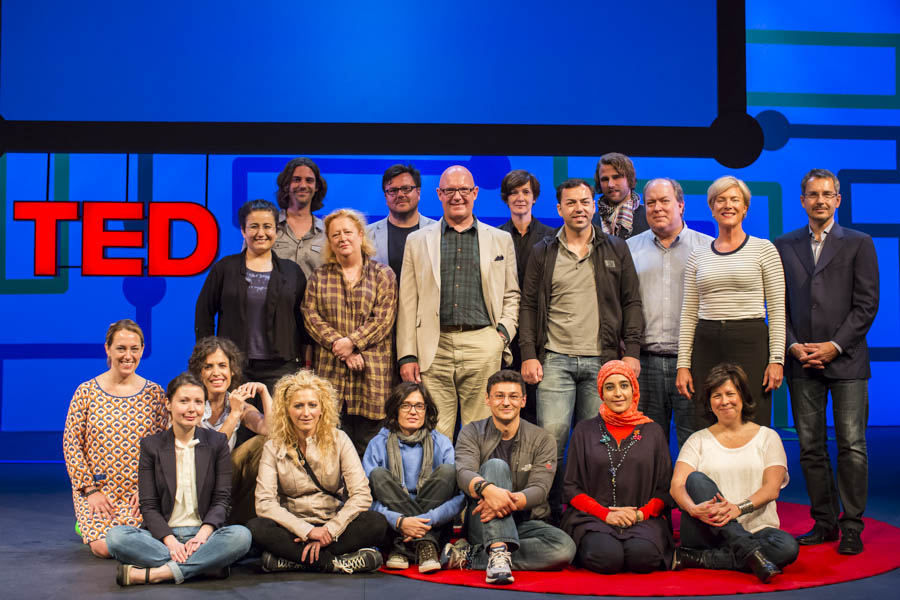
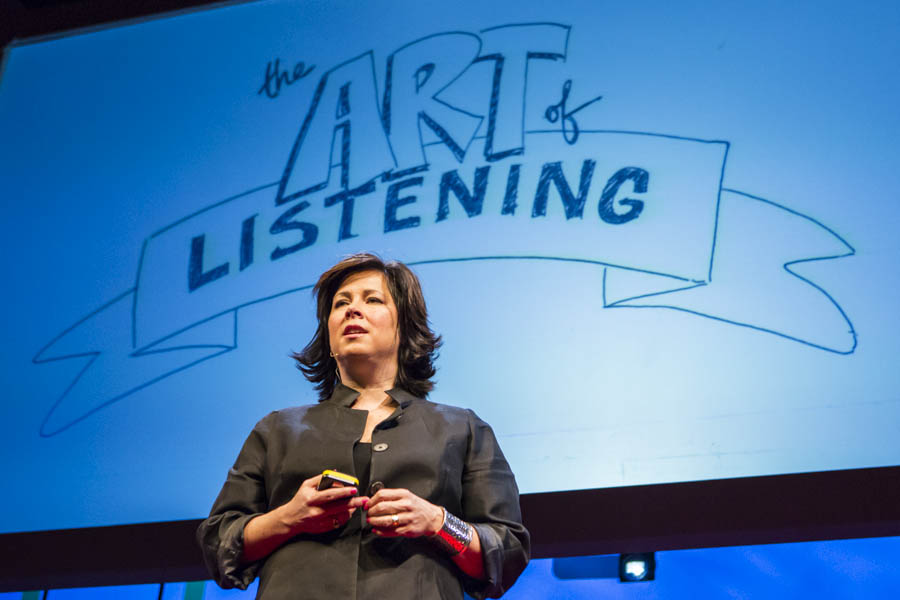
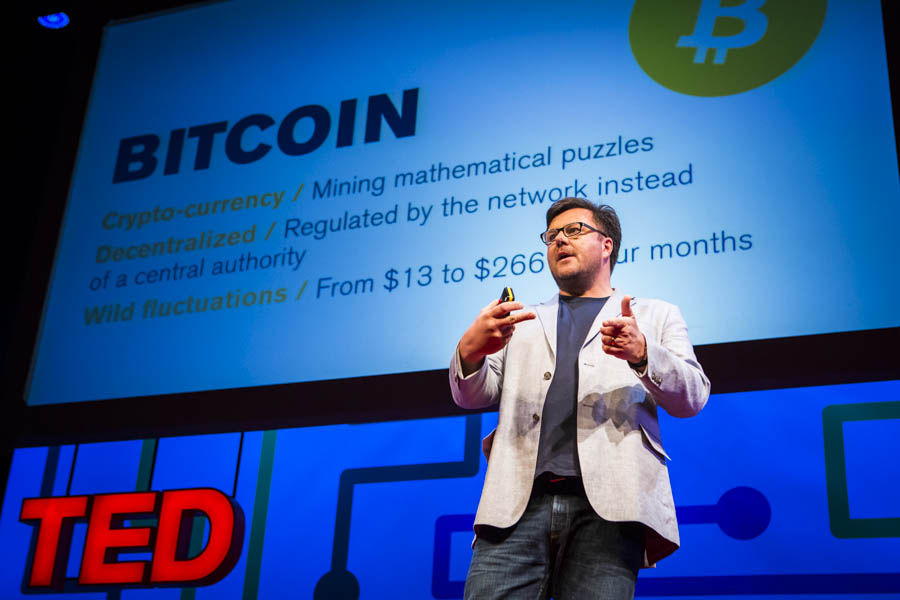

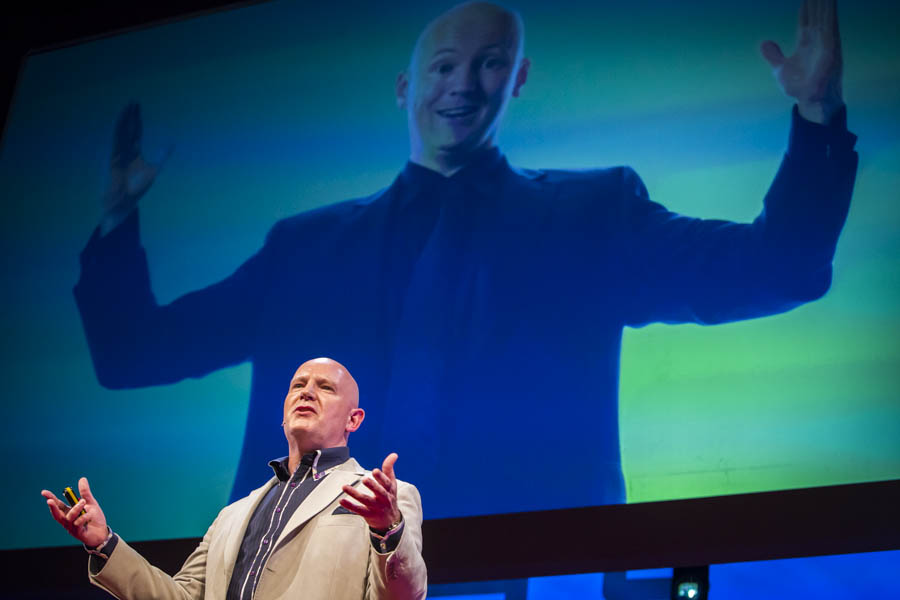
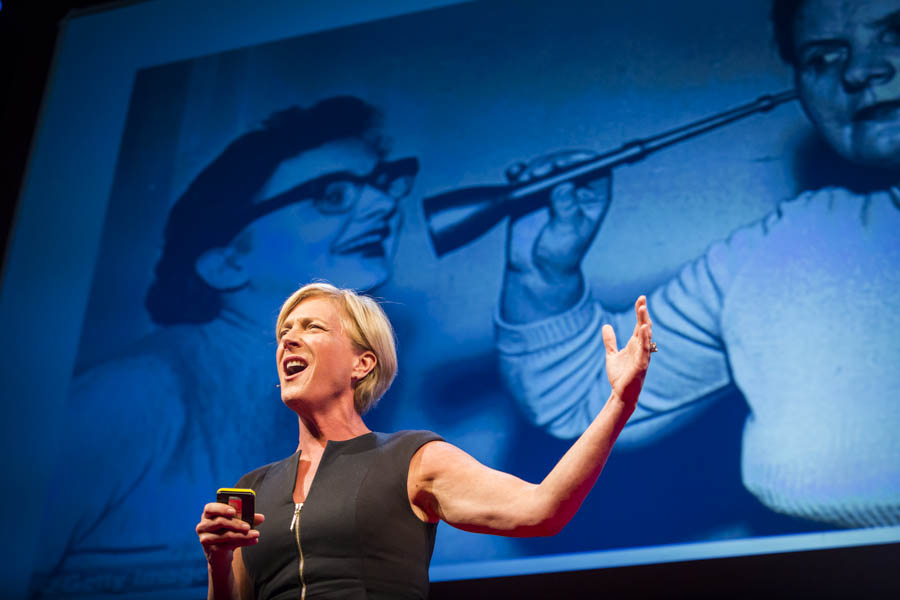
Comments (2)
Pingback: The audience takes the stage: TED University session 1 at TEDGlobal 2013 | Emily Baldwin Social Media Maven, Possibilites and Ideation